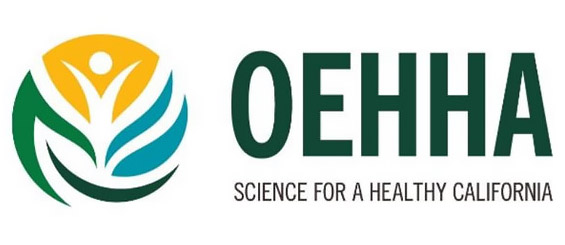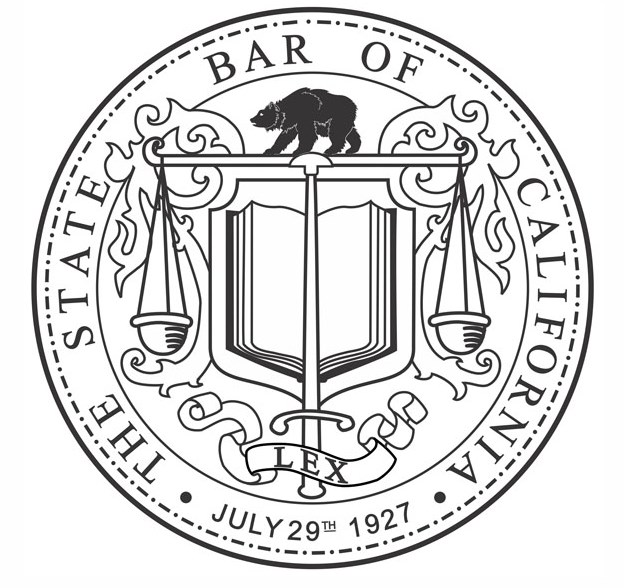
The California Office of Environmental Health Hazard Assessment will decide on acetaminophen soon. (California Open Data)
California Regulators May Declare a Common Headache and Sinus Drug a ‘Carcinogen’
Now commonly used acetaminophen may see bumpy road ahead in both health and political backlash
By Evan Symon, January 21, 2020 8:41 pm
The California Office of Environmental Health Hazard Assessment is currently considering labeling acetaminophen, a common pain and sinus relief drug used in medicines such as Sudafed, Tylenol, Robitussin, and Excedrin, as a carcinogen.
A looming ban
In 2011 the Environmental Health Hazard Assessment panel had recommended that acetaminophen be added to the carcinogen list as there was evidence that the drug helped cause some types of cancer. Currently the panel is examining evidence to verify this. Already, 133 studies have been reviewed about possible links between the drug and cancer, with no broad consensus found among them.
Many are comparing the acetaminophen review to the fight over the drug phenacetin in 1983. Phenacetin, which treated similar symptoms to acetaminophen, was banned that year by the Food and Drug Administration (FDA) because it was shown to cause some types of cancer.
Against a carcinogen labeling
The Consumer Healthcare Products Association and many other medical and pharmaceutical organizations have been against the ban. While a ban would open up many companies for cancer-related lawsuits, the ban would also potentially lead to many products being taken off of shelves while different medicines are reformulated. A ban would also lead to possible higher over-the-counter medicine costs.
“This is one of the most common drugs out there people take when they’re sick,” said pediatrician Dr. Nicole Dalton. “If it’s listed as a carcinogen that means it goes off of shelves. It helps the public health, which is what our main concern should be.”
“That said, there’s many companies that rely on it as one of their building blocks, so they’re going to scramble to find solutions. That’s more research and it means more money, because going too long without a product on the shelves that people need like that is money lost to them. And for doctors, it greatly limits what we can recommend to patients and parents.”
The Consumer Healthcare Products Association has also noted that acetaminophen has no risk for cancer at any dosage amount.
Acetaminophen is and has been regularly recommended by pediatricians for children and infants for decades for everything from teething to fever.
Political ramifications
The ban would also spur many industry lobbyists this fall, as the drug makes up a significant amount of many drug manufacturers products.
“This happened before after other bans,” explained Rob Schuler, a former lobbyist assistant. “Something big is banned during an election year, and the lobbying group around that goes all out and gives the maximum to politicians behind them or will fight on their behalf. After the cutback in the tobacco industry in the 90’s, soon their lobbyist groups were flooding Washington and every state capitol to keep laws in place, It’s why a lot of different bans took longer than projected.”
“Or when the same industry faced a scare after some Tylenol was poisoned by radicals in the 80’s. Lobbyists grouped together for that one and didn’t skip a beat. Hell, Johnson and Johnson ended up with great publicity after it was over due to their response of pulling it all off of shelves when they didn’t need to legally do that. There was some talk of stricter regulations, but lobbyists wound them down to manageable things like better quality control that only made the drug companies look responsible.”
“They’ll definitely fight this if it comes to it.”
Public comment on the ban is open until January 27th. A public hearing is scheduled for later this year with a final decision most likely coming within the year.
- Man Who Broke Into L.A. Mayor’s Home to Receive Probation, Mandatory Drug Treatment - July 25, 2024
- California National Guard Counterdrug Task Force Seizes nearly $4 Million Worth Of Fentanyl In June Following Ramping Up Of Actions - July 24, 2024
- San Francisco’s Guaranteed Income Programs for Trans People to End - July 24, 2024





There’s been bad news out there about acetaminophen for years, just like the bad news was out there about glyphosate or aspartame. What’s sad is the decades of history of rigging research into P/R. It just goes to show the ease with which “scientists” can be corrupted, journalists can be bought, and the public interest can be subverted.
Has a final decision been made? Big Pharma again putting profits above human health and well being.